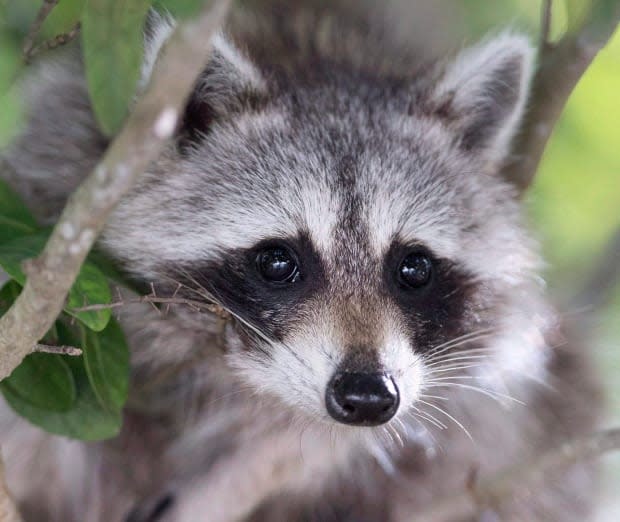Rabies expert urges people to stay away from wild animals
"Keep wild animals wild. Don't go up to raccoons. Stay away from skunks."
These are just some of the measures Scott Weese, a faculty member at the Ontario Veterinary College at the University of Guelph who specializes in animal infectious disease and disease control, urges people take to reduce their risk of contracting rabies.
This comes after a spike in rabies cases in Michigan — most notably in Oakland County — where rabid skunks have been found, according to multiple media sources.
Weese said local residents shouldn't be worried because the risk of contracting the viral infection in North America is low, adding that people still "need to be aware."
"There's always some degree of rabies risk in any area in Ontario," he said.
Melanie Coulter, the executive director of the Windsor/Essex Humane Society, agrees.
"We're fortunate in Essex County that we haven't had a case of rabies in a terrestrial mammal in quite a number of years now," she said. "That being said, it's still important to be aware there is rabies just across the border and in other parts of Ontario and wildlife can travel."
'Bats are more common carriers of rabies'
Rather than land mammals, Weese said bats pose the greatest risk to Windsorites.
"The biggest thing is avoiding bats. Not having contact with them. Beyond that, there's always some risk with wild animals," he said.
Coulter echoed Weese's comments, adding that bats' ability to fly means "they can get around different areas ... that's why it's important to avoid any contact with bats."

Weese explained that in order to contract rabies, one must be bitten by an infected animal, saying that raccoons, skunks, foxes and bats are most likely to carry the infection.
"And then we look at our domestic animals — dogs and cats — they don't have their own rabies virus in Ontario, but they can pick up rabies virus from anything," he said. "So, if people are vaccinating their pets and they're staying away from wildlife, their risk for rabies is exceptionally low.
If left untreated, rabies can lead to death.
"When rabies virus gets in the body ... it finds a nerve," said Weese, adding that it works its way up to the brain, which can cause "a range of neurological diseases."
"Once it gets to your brain, it's almost unbearably fatal."
Not a seasonal disease
According to Weese, approximately 50,000 to 60,000 people die of rabies each year.
"Most of that in ... Africa and Asia," he said. "It kills a lot of people and very few have a chance to survive."
Weese explained that the rabies virus is usually contracted by people who get bitten by an animal carrying the infection when they're travelling abroad.
Fortunately, treatment is available.
Weese said people can get vaccinated before and after exposure to rabies, adding that "it's not a very seasonal disease."

